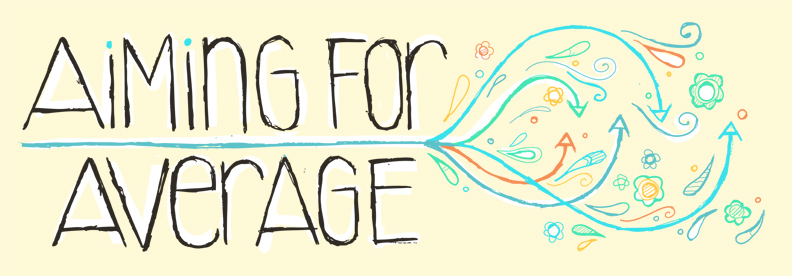I had the incredible opportunity while interning at the WHO
to attend the World Health Assembly. The World Health Assembly takes place
every year at the Palais des Nations (United Nations Headquarters), where all
the UN member states convene to discuss the health agenda for the next year. In
addition to the main meetings, there are many side sessions that happen during
lunch and in the evenings, which are usually organized by specific country’s
delegations, by NGOs or UN or WHO departments.
My duty during the week of the WHA was to man my department’s
booth (The Alliance for Health Policy and Systems Research). Although this may
sound rather boring, it was actually quite the opposite as I had the chance to
speak with individuals in the field of health policy, from around the world,
about their work and the challenges their countries face. From Ministers of
Health to researchers to students, I learned from each individual I conversed
with.  |
| Photo-op at the Alliance's booth, with co-workers |
The side sessions were the other highlight of the WHA for me
(and not just because of the free food, although interns are notorious
scavengers of free food during the WHA, probably because of our non-existent
pay cheque). As a future medical student (!!!!) already thinking about the path
towards becoming a physician, and the responsibility and challenges that lie
therein, I think I approached the WHA differently than I would have otherwise. One
particular side session that stood out for me was organized by the International Federation of Medical Students’
Association on the topic of ‘Health of the World’s Girls- The missing link
in the global development agenda?’. The topic was incredibly interesting, as
the panelists discussed how child health and maternal health are common
demographic targets for health initiative, but youth are often forgotten. The
event was the first youth-led side session ever held at the WHA, which in
itself was exciting, and I was further energized by the possibility of becoming
involved with the IFMSA and their many global health initiatives. But more
importantly, it made me realize the need to fight for not just women’s rights,
but girl’s rights as well. For many girls, particularly those living in LMIC, the
time between being a child and being a mother is vulnerable but crucial, when
education and empowerment can make an incredible difference. As someone living
in a society where education and empowerment has been slowly pushing the age of
motherhood back, I find myself in a very liberating time of my life, when I am
obviously no longer a child (or teen!) but will not be experiencing motherhood
anytime soon, and so have the power to chase my own dreams and experiences. I wish
for all girls the opportunity to experience that freedom.
The second side session that really stood out for me was
organized by the Costa Rican government and the United Nations Sport for Development
and Peace department, and was called ‘Physical activity, sport and
noncommunicable diseases’. Well here was an event that had, right in the title,
three things that I am incredibly interested in, and it did not disappoint. The
event was not run as smoothly as some of the other events I had attended, and
some of the speakers were subpar, but despite the quality of the event, it was
by far my absolute favourite of the week. I felt so at home in a room full of
athletic individuals who are very passionate about using sport and physical
activity to tackle pressing problems associated with noncommunicable disease.
And simply being present at the event, surrounded by these people, I realized
that perhaps my initial interest in sports medicine, that first motivated me to
pursue medicine, still exists in a very real way. Throughout university, while
taking many biology courses, I always felt that if I went to med school and
learned more about all the amazing ways in which the human body works, I might
find sports medicine to be less interesting than other fields of medicine. But
the side session made me realize that it is important to look beyond the
textbook, and consider what in my life is powerful enough to ignite passion and
a familiarity that makes me feel at home in a place that I have never been, and
to pursue that passion with curiosity and zest.
There were so many exciting and interesting moments from the
WHA (such as when Director General, Margaret Chan, crashed the event and sat
beside me for about two minutes before making a quick speech and dashing off to
another meeting, leaving me rather embarrassingly star struck), but I chose to
share two specific moments because I have a feeling they will stick with me
long past when my days at the World Health Organization are done.
 |
| My co-worker and I checking out some of the other booths at the WHA |

No comments:
Post a Comment